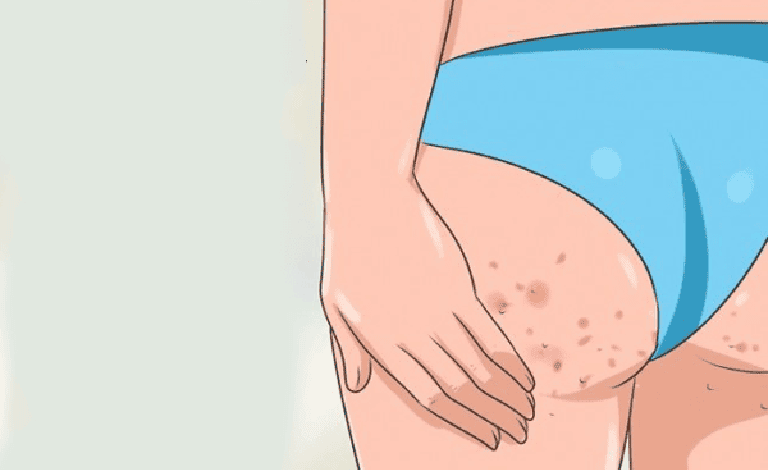Keratosis Pilaris Body Positivity: Embracing Your Skin's Natural Beauty
As a beautician, understanding the relationship between keratosis pilaris and body positivity can help you empower your clients to love their skin. Keratosis pilaris (KP), often known as 'chicken skin,' is a common skin condition that affects countless individuals. While it might not always be aesthetically pleasing, KP is a benign condition that many people experience. In this article, we delve into how you can promote body positivity for those dealing with KP, emphasizing the beauty of natural skin.
Embracing keratosis pilaris with a positive mindset is crucial for maintaining self-esteem. As a beauty professional, your role is not only to enhance physical appearance but also to foster a positive relationship with one's own body. By understanding KP and promoting body positivity, you can make a significant difference in your clients' lives.

Understanding Keratosis Pilaris
Keratosis pilaris is a skin condition characterized by small, rough bumps on the skin, often on the arms, thighs, and buttocks. These bumps are caused by the buildup of keratin, a protein that protects the skin from harmful substances and infections. While KP is harmless, it can be a source of frustration for many due to its appearance.
According to Harvard Health, KP affects nearly 50-80% of adolescents and approximately 40% of adults. Despite its prevalence, many people are unaware of what KP is and how to care for it. [Read more about Keratosis Pilaris and Self-Esteem]
The Role of Body Positivity in Beauty
Body positivity is a movement that encourages individuals to accept and love their bodies as they are. For those with KP, embracing body positivity means acknowledging that their skin condition does not define their beauty. As a beautician, you can support this movement by educating your clients about KP and offering skincare solutions that enhance comfort rather than change natural appearances.
Skincare Tips for Keratosis Pilaris
While KP cannot be cured, it can be managed with an effective skincare routine. Encouraging your clients to use gentle exfoliants and moisturizers can help reduce the rough texture associated with KP. Emphasize the importance of using products that are free of harsh chemicals, as these can exacerbate the condition.
For more on how to manage skin conditions like KP, check out Managing Folliculitis Scars.
Promoting Self-Love and Confidence
When clients come to you seeking help with their skin, it's important to promote an environment of acceptance and self-love. Remind them that their skin tells a unique story and that every bump and blemish is a part of who they are. Encourage them to practice self-care rituals that focus on relaxation and enjoyment rather than solely on appearance.
For insights on maintaining confidence despite skin imperfections, visit Dealing with Butt Skin Bumps & Confidence.
Building a Community of Support
Creating a supportive community can greatly enhance the journey towards body positivity. Encourage your clients to connect with others who have KP and share their experiences and tips. This not only fosters a sense of belonging but also reinforces the message that they are not alone in their journey.
For those interested in learning more about KP, direct them to resources such as NHSs guide on Keratosis Pilaris.
Conclusion
In a world that often prioritizes flawless skin, embracing keratosis pilaris with a positive outlook is a powerful act of self-love. As a beautician, your influence extends beyond physical transformations; you have the opportunity to inspire clients to appreciate their natural beauty, KP and all. By promoting body positivity, you help create a more inclusive and accepting beauty culture.

Frequently Asked Questions
What is the best way to treat keratosis pilaris?
While there is no cure for KP, maintaining a regular skincare routine with gentle exfoliation and moisturizing can help manage its appearance. Using products specifically formulated for sensitive skin is recommended.
Can diet affect keratosis pilaris?
There is limited evidence to suggest that diet directly affects KP. However, maintaining a balanced diet rich in vitamins and nutrients can support overall skin health.
How can I boost my confidence with keratosis pilaris?
Embrace body positivity by focusing on your positive attributes and self-care practices. Surround yourself with supportive individuals who encourage self-acceptance and love.

